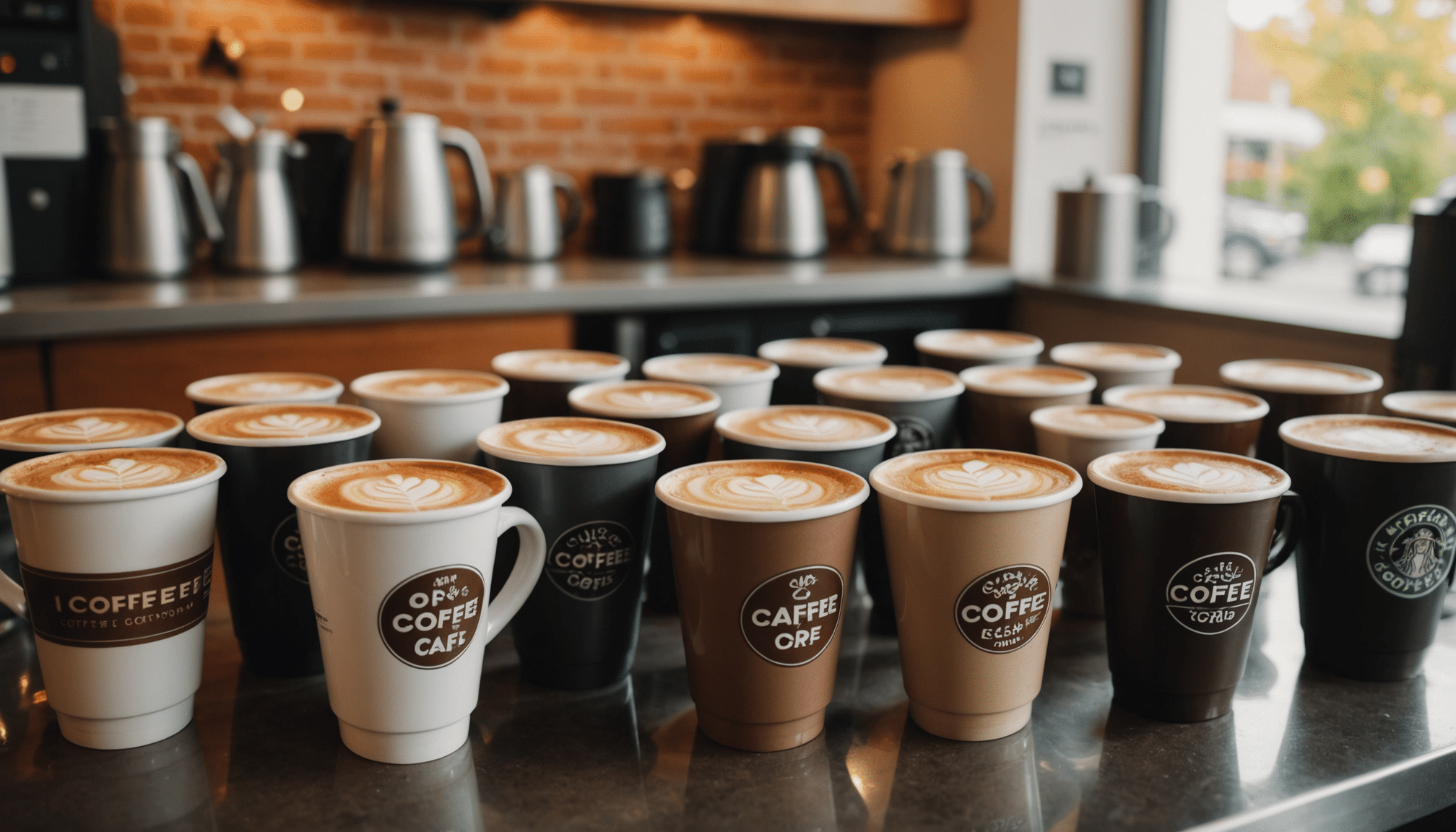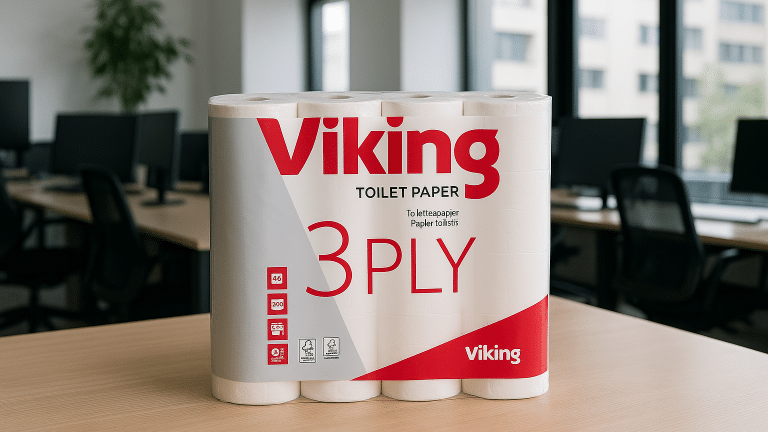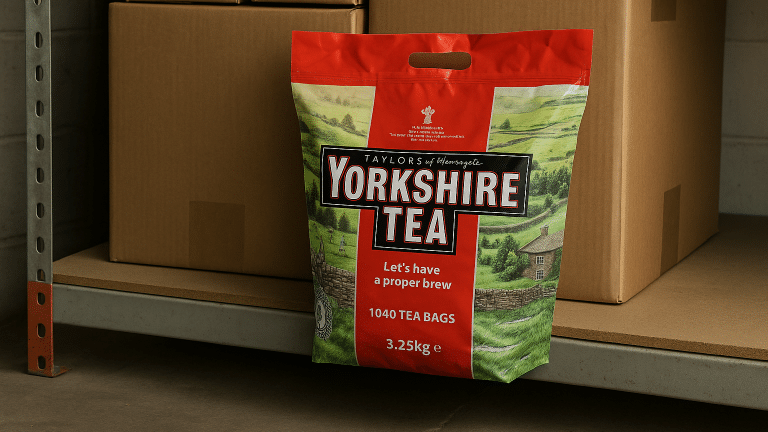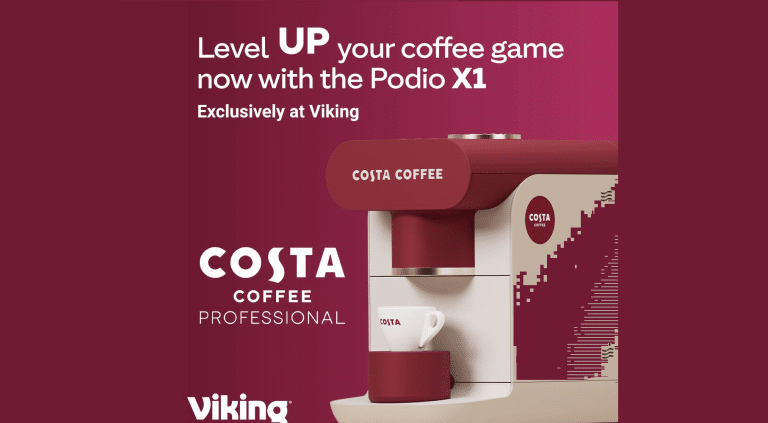
How Much Caffeine is in a Coffee: A Detailed Exploration
Last Updated on 06/10/2025
Greetings, coffee aficionados and office supply enthusiasts! As you savor that delightful cup of coffee, ever wonder how much caffeine you’re consuming? Understanding the caffeine content in coffee is not just about satisfying curiosity; it’s essential for health and productivity. Let’s unravel this mystery together!
Key Takeaways:
- Uncover the effects of caffeine on your body.
- Dive into the various caffeine contents of different coffee types.
- Learn to balance caffeine for optimal health and energy.
Ready for a deep dive into your daily brew? Let’s get started!
What Exactly is Caffeine and How Does it Affect You?
Caffeine is a natural stimulant predominantly found in coffee beans, tea leaves, and cocoa. It’s the energy booster in your cup of coffee that wakes up your senses and keeps you alert. However, it’s crucial to consume caffeine in moderation to avoid adverse effects like restlessness or insomnia.
How much Caffeine in Different Types of Coffee?
The amount of caffeine in a coffee drink can vary widely based on the type of coffee and how it’s prepared. Let’s delve into the caffeine content found in some of the most common types of coffee.
Here’s a table comparing the caffeine consumption in different coffee beverages:
| Coffee Type | Serving Size (UK) | Average Caffeine Content |
|---|---|---|
| Brewed Coffee | 237 ml | 95 mg |
| Espresso | 30 ml | 63 mg |
| Cappuccino | 177 ml | 63 mg* |
| Latte | 237 ml | 63 mg* |
| Americano | 237 ml | 63 mg |
| Mocha | 237 ml | 63 mg* |
| Iced Coffee | 237 ml | 95 mg |
| Instant Coffee | 237 ml | 60-80 mg |
*Note: Cappuccino, Latte, and Mocha typically have one shot of espresso, hence the caffeine content is similar to a single espresso shot.
How Bean Types and Brewing Methods Affect How Much Caffeine is in a Cup of Coffee
The caffeine content in coffee is influenced not only by the type of coffee but also by the choice of coffee beans and the method of brewing.
Influence of Coffee Bean Types
Different coffee beans have varying caffeine levels. Arabica beans, known for their smooth and complex flavor profile, generally contain less caffeine than Robusta beans, which are more bitter but pack a stronger caffeine punch. Blends combining Arabica and Robusta beans will have a caffeine content somewhere between the two, depending on the ratio of the blend.
Impact of Brewing Methods
Brewing methods also play a crucial role in determining caffeine levels. For instance:
- Drip Brewing: This common method involves hot water dripping over ground beans, resulting in moderate caffeine extraction. The contact time and water temperature can influence the caffeine level.
- French Press: Steeping the coffee grounds in hot water for an extended period allows for a more thorough extraction of caffeine, often leading to higher caffeine content.
- Espresso: The pressurized brewing process extracts a concentrated amount of caffeine from the coffee grounds in a short time, resulting in a small, potent shot with high caffeine per ounce.
- Cold Brew: This method involves steeping coffee grounds in cold water for several hours. The prolonged extraction time often leads to a higher caffeine concentration compared to traditional hot brewing methods.
- Instant Coffee: Generally involves freeze-dried or spray-dried brewed coffee, which tends to have slightly lower caffeine levels due to the processing method.
Understanding these variations can help you choose a coffee that best matches your caffeine preference and sensitivity, allowing for a more enjoyable and tailored coffee experience.
Understanding the Impact of 95 mg of Caffeine and Ideal Caffeine Intake
So, a regular coffee consists of 95 mg per cup, but what does this mean for you? This moderate amount can stimulate the central nervous system, enhancing alertness and energy. However, individual responses to caffeine vary. For some, 95 mg is the perfect morning boost, while others may find it too stimulating.
Determining your ideal caffeine intake is essential. Up to 400mg per day is generally safe for most adults, equating to about four cups of coffee. However, personal tolerance can vary. It’s important to listen to your body and adjust accordingly, especially in a work environment where focus and wellbeing are paramount.
Comparing Caffeine: Coffee vs. Tea vs. Other Beverages
Let’s compare coffee to other beverages in terms of caffeine content:
| Beverage Type | Average Caffeine Content |
|---|---|
| Brewed Coffee | 95 mg per cup |
| Black Tea | 26 mg per cup |
| Green Tea | 20 mg per cup |
| Energy Drink | 80 mg per can |
| Cola Soda | 22 mg per can |
Decaffeinated Coffee: Myths and Realities
Decaf coffee, often misunderstood, actually contains a small amount of caffeine—usually between 2-5 mg per cup. It’s an ideal alternative for those wanting to enjoy coffee with minimal caffeine.
Wrapping Up: Balancing Your Love for Coffee with Caffeine Awareness
In conclusion, understanding the caffeine content in your coffee is vital for enjoying your drink in a healthy, balanced way. Whether it’s a potent espresso or a soothing brewed coffee, keeping an eye on your caffeine intake is key to maintaining energy and wellness, especially in the workplace.
Remember, as you savor your coffee, it’s about more than taste—it’s about how it affects your mind and body. Brew wisely and enjoy responsibly!













